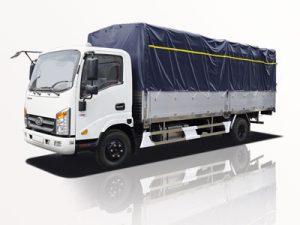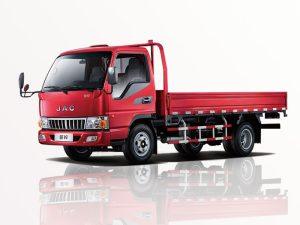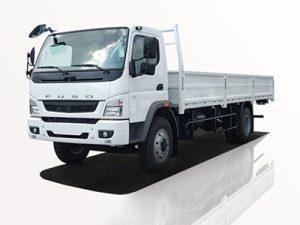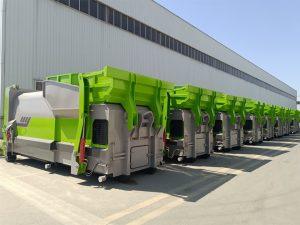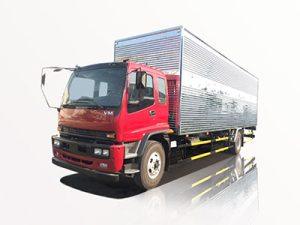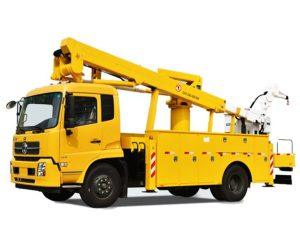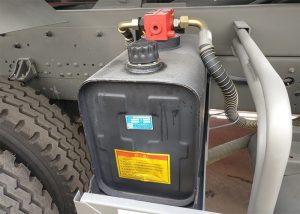Monday to Saturday - 8:00 -17:30
Understanding Street Sweeper Cost: Factors, Options, and Practical Insights
Street sweepers play a crucial role in maintaining urban environments. A clean city not only looks appealing but also fosters a healthier community. However, investing in a street sweeper involves various considerations, particularly the cost. In this article, we will explore the factors influencing street sweeper cost, the different types available, their benefits, and practical examples to help you make an informed decision.
Defining Street Sweepers
Street sweepers are specialized vehicles designed to remove debris, litter, and other materials from road surfaces. They are commonly used by municipalities, commercial enterprises, and event venues to ensure cleanliness and safety in various environments.
Factors Influencing Street Sweeper Cost
When considering the cost of street sweepers, multiple factors come into play:
1. Type of Street Sweeper
Street sweepers come in several types, each with its own cost structure. Here are the most common:
| Type | Price Range | Usage |
|---|---|---|
| Mechanical Broom Sweepers | $25,000 – $50,000 | Basic cleaning of streets, parking lots, and construction sites. |
| Vacuum Sweepers | $50,000 – $150,000 | Effectively captures fine dust and debris; ideal for city streets. |
| Regenerative Air Sweepers | $100,000 – $200,000 | Utilizes air to lift debris, suitable for sensitive environments. |
| Compact Sweepers | $50,000 – $100,000 | Used for narrower streets and hard-to-reach areas. |
2. New vs. Used Sweepers
Purchasing a new street sweeper can be a significant investment, usually costing more than used options. A new sweeper offers the latest technology and warranties, while a used one may provide cost savings but come with potential maintenance challenges.
3. Features and Specifications
The cost of a street sweeper can also vary based on its specifications and features. Models with advanced technology such as GPS tracking, automated controls, and higher capacity tanks tend to be more expensive. Additional features might include:
- Enhanced filtration systems
- Dust suppression capabilities
- High-efficiency motors
- Customizable attachments for various cleaning needs
4. Manufacturer and Brand
Some manufacturers are known for premium products and customer service, which can lead to higher price points. Researching different brands and their reputation in the street cleaning industry is vital when considering your budget.
5. Maintenance and Operating Costs
The initial purchase price is only part of the total cost of ownership. Maintenance, fuel, insurance, and labor all contribute to the overall expense. Understanding these ongoing costs can provide better insight into your investment.
Options for Financing a Street Sweeper
Financing a street sweeper can make the purchase more manageable. Here are some common options:
1. Traditional Loans
Many banks and financial institutions offer loans specifically for municipal machinery purchases. These loans often come with competitive interest rates.
2. Leasing Agreements
Leasing a street sweeper allows you to use the equipment for a fixed period while paying monthly fees. This option may provide an easier path for municipalities with budget constraints.
3. Government Grants and Funding
Local and state governments may offer grants or funding for equipment that promotes public health and safety. Researching these options can yield financial support for your investment.
Choosing the Right Street Sweeper for Your Needs
With various options available, selecting the right street sweeper is crucial. Here are some factors to consider:
1. Size of Area to Be Cleaned
The size and type of area you need to clean will impact your choice. Larger areas may require more robust models, while smaller spaces may only need compact options.
2. Type of Debris
Different sweepers excel at handling various types of debris. For instance, if you regularly face large leaves or gravel, a mechanical broom may be ideal, while fine dust particles may require a vacuum sweeper.
3. Frequency of Use
Consider how often you will use the sweeper. Regular daily use may justify a higher investment in a more durable model, while occasional use may suggest a lease or used option is more prudent.
Benefits of Regular Street Sweeping
Implementing regular street sweeping offers numerous advantages:
1. Improved Public Health
Removing debris and pollutants leads to healthier environments, thus reducing the risk of respiratory issues and illnesses caused by dust and allergens.
2. Enhanced Aesthetic Appeal
Clean streets contribute to a more appealing neighborhood, making it more inviting for residents and visitors alike.
3. Preventing Damage to Infrastructure
Regular cleaning can prevent damage to roads and sidewalks by removing debris that may cause deterioration.
Practical Tips for Maintaining Your Street Sweeper
Once you invest in a street sweeper, it’s vital to maintain it effectively. Here are some practical tips:
1. Regular Inspections
Conduct frequent checks on belts, brushes, and filters to ensure they are in good working condition.
2. Scheduled Maintenance
Schedule regular maintenance with a qualified technician to address potential issues before they become significant problems.
3. Proper Cleaning After Use
Always clean the sweeper after use to prevent buildup of dirt and debris, which can affect performance and longevity.
Frequently Asked Questions
1. What is the average cost of a street sweeper?
The average cost of a street sweeper can range from $25,000 to over $200,000, depending on the type and features.
2. Is it better to lease or buy a street sweeper?
Whether to lease or buy depends on your budget and frequency of use. Leasing may be more suitable for municipalities with tighter budgets.
3. How do I choose the right type of street sweeper?
Consider the area to be cleaned, the type of debris, and how often the sweeper will be used when making your decision.
4. What are the ongoing costs of owning a street sweeper?
Ongoing costs include maintenance, repairs, fuel, insurance, and any financing costs associated with your purchase.
5. Are there government grants for street sweepers?
Some local and state governments offer grants or funding for street cleaning equipment that enhances public health and safety. Research your eligibility for such programs.
6. What maintenance do street sweepers require?
Street sweepers need regular maintenance which includes inspecting and replacing brushes, filters, and checking belts and fluids to ensure optimal performance.


